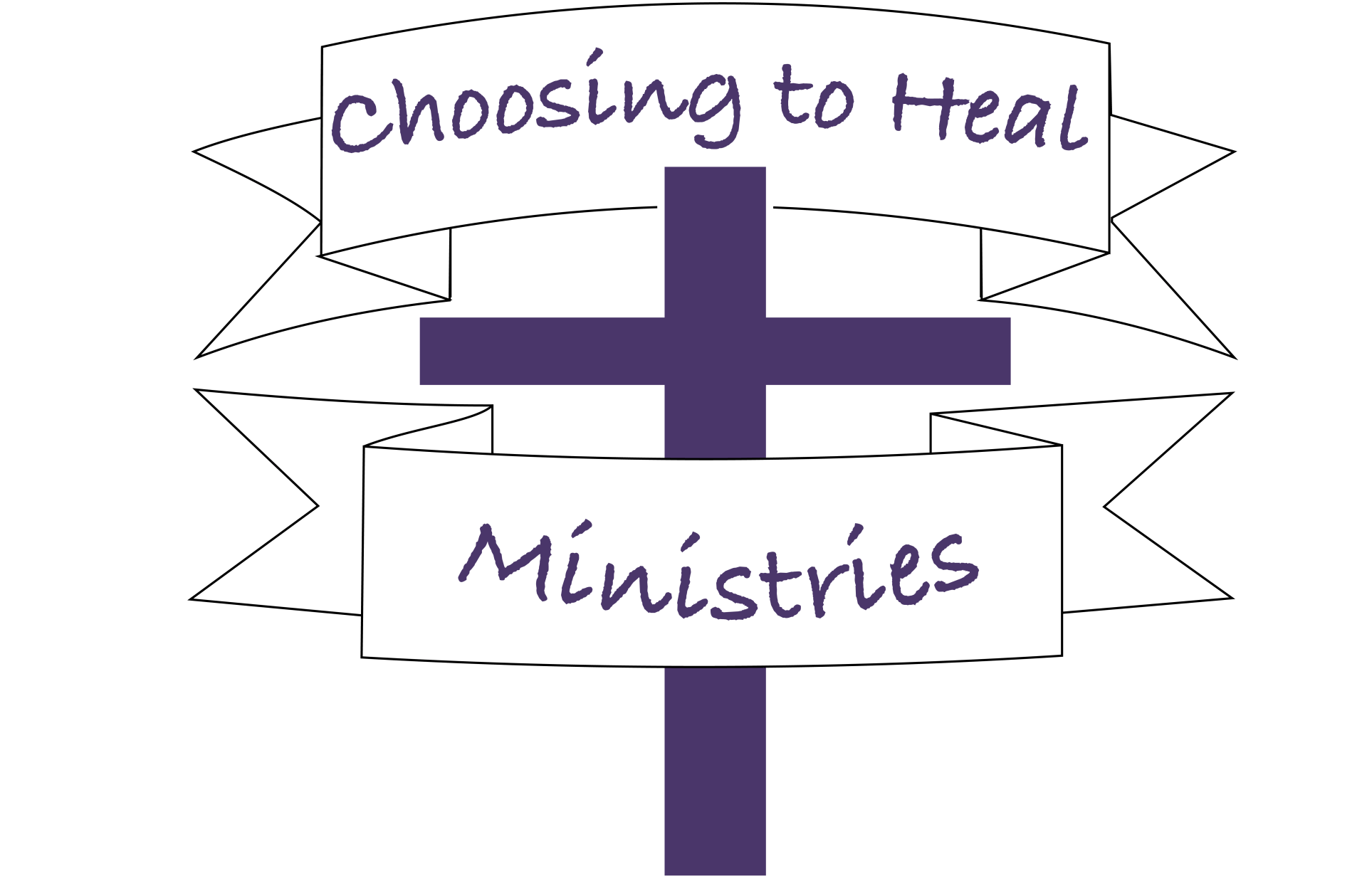Trauma
Trauma
Many people put almost all of their energy into assessing and attempting to influence outward behaviors, often without considering the underlying reasons for these behaviors, not realizing they may be impacted by trauma. A traumatic experience involves “a psychologically distressing event that is outside the range of usual human experience, often involving a sense of intense fear, terror, and helplessness” (Child Trauma Academy Glossary). Traumatization can vary from individual to individual. Traumas can range from being minor and temporary to being paralyzing and deeply wounding as to completely alter the course of a person’s life.
There are two basic types of trauma. The first is called situational trauma. This occurs when a person is involved in an event, such as a natural disaster, wars, witnessing violence in the environment, bullying, painful or frightening medical procedures, and attacks by animals. The second category is relational. These traumas concern the violation of love and safety in relationships. Trauma-impacted people typically experience powerful and profound struggles in feeling safe within themselves and in relationships. Those with unresolved trauma are often victim to overwhelming thoughts, feelings, and sensations.
Trauma impacts brain development
Trauma impacts brain development, often significantly. Neuroscience shows that, in the absence of protective factors, toxic stress damages children’s developing brains. When events in the environment are threatening or harmful, our brains instantly go to “fight, flight, freeze, or submit,” and bypass the thinking part of our brains. When recurrent, this creates toxic stress. Chronic toxic stress then causes a child’s brain and body to produce an overload of the stress hormones, cortisol and adrenaline. An excess of these two hormones harm the functioning and structure of the brain. This can be very devastating to the developing amygdala, hippocampus, and prefrontal cortex of a child, and is associated with lifelong changes in these areas of the brain.
Trauma is stored in the body and causes chronic toxic stress. In turn, chronic toxic stress not only impacts the brain but takes its toll on the whole body. Being on high alert, the body is continuously pumping adrenaline and cortisol, leading to physical health problems including, but not limited to, high blood pressure which weakens the heart and circulatory system. Another consequence is elevated glucose levels, which with prolonged concentration can lead to type 2 diabetes. Increased cholesterol levels are another symptom which can lead to multiple health problems. Untreated, trauma is devastating to both the brain and body, and its effects last a lifetime.
"Trauma has the power to devastate and wound"
Mara offers hope through trauma informed services and is trauma sensitive in all her counseling. She promotes healthy processes and is skilled in addressing the negative impact of traumatic experiences. While in an emotionally safe environment, Mara will encourage clients to grow and find help, hope, and healing with the power of God’s love.
“Trauma has the power to devastate and wound; trauma competent professionals have the power to effectively apply skills and approaches to lift the human spirit to help overcome traumas impact.” - Diane Wagenhals
Healing is possible, contact Choosing to Heal Ministries for more information.


